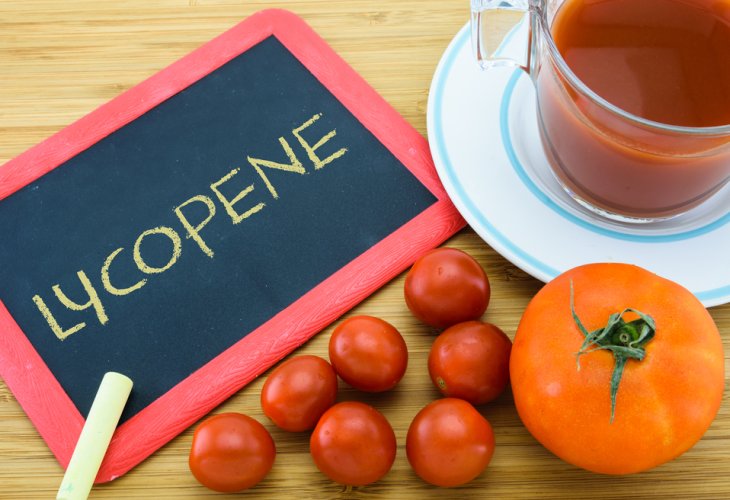The Tomato Secret: Why Lycopene Matters
Discover why lycopene-rich foods are essential and the best ways to enjoy them.
 (Photo: shutterstock)
(Photo: shutterstock)Lycopene is a carotenoid—a natural pigment that gives fruits and vegetables their red color, acting as a powerful antioxidant. It neutralizes free radicals that damage healthy cells in the body, harm the genetic material, and accelerate aging and disease development.
In our bodies, lycopene is found in plasma and tissues. Since the human body doesn't produce lycopene, it's important to obtain it from food. Lycopene is primarily found in red foods. The best sources include tomatoes—the main supplier of lycopene in our diet, as well as watermelon, pink grapefruit, red peppers, papaya, and leafy greens, which surprisingly also contain lycopene despite their green color.
Unlike other nutrients, lycopene remains stable during cooking. In fact, cooking and heating tomatoes break down the cell structure, making lycopene more accessible to the body. Lycopene dissolves in fat rather than water, so consuming it with a bit of quality oil, like olive oil or nuts, enhances absorption.
Historically, tomatoes were recognized for their dietary fiber and vitamin C. However, 90% of the bright red color in ripe tomatoes is attributed to lycopene, especially concentrated in the skin. Therefore, it's essential not to peel them; simply soak for a few minutes and rinse well.
Scientific studies indicate a link between lycopene intake and the prevention of various types of cancer and cataracts, both caused by oxidative damage. There is also evidence connecting tomato consumption to a reduced risk of heart and vascular diseases.
As a potent antioxidant, lycopene may help reduce cholesterol and blood lipids. Lycopene is also linked with skin protection against sun damage due to its antioxidant properties.
In recent years, more people have been avoiding tomatoes, part of the nightshade family.
Solanine is the compound plants produce to ward off insects. A small percentage of people, especially those with arthritis, are sensitive to solanine. For them, it is advised to eliminate solanine-containing foods—like potatoes, peppers, eggplants, and tomatoes—for a couple of weeks. If symptoms improve, it may indicate that these foods affect the condition.
The redder and riper the tomato, the lower its solanine content. Moreover, cooking significantly reduces its solanine levels.
Remember that tomato paste and other processed products often contain added sugars and preservatives.
Try to consume at least one lycopene-rich food daily.
Zohara Sharvit is a naturopath N.D and an iridology expert, with years of experience in treatment and counseling, as well as workshop facilitation. To book a complimentary workshop, call 073-2221290

